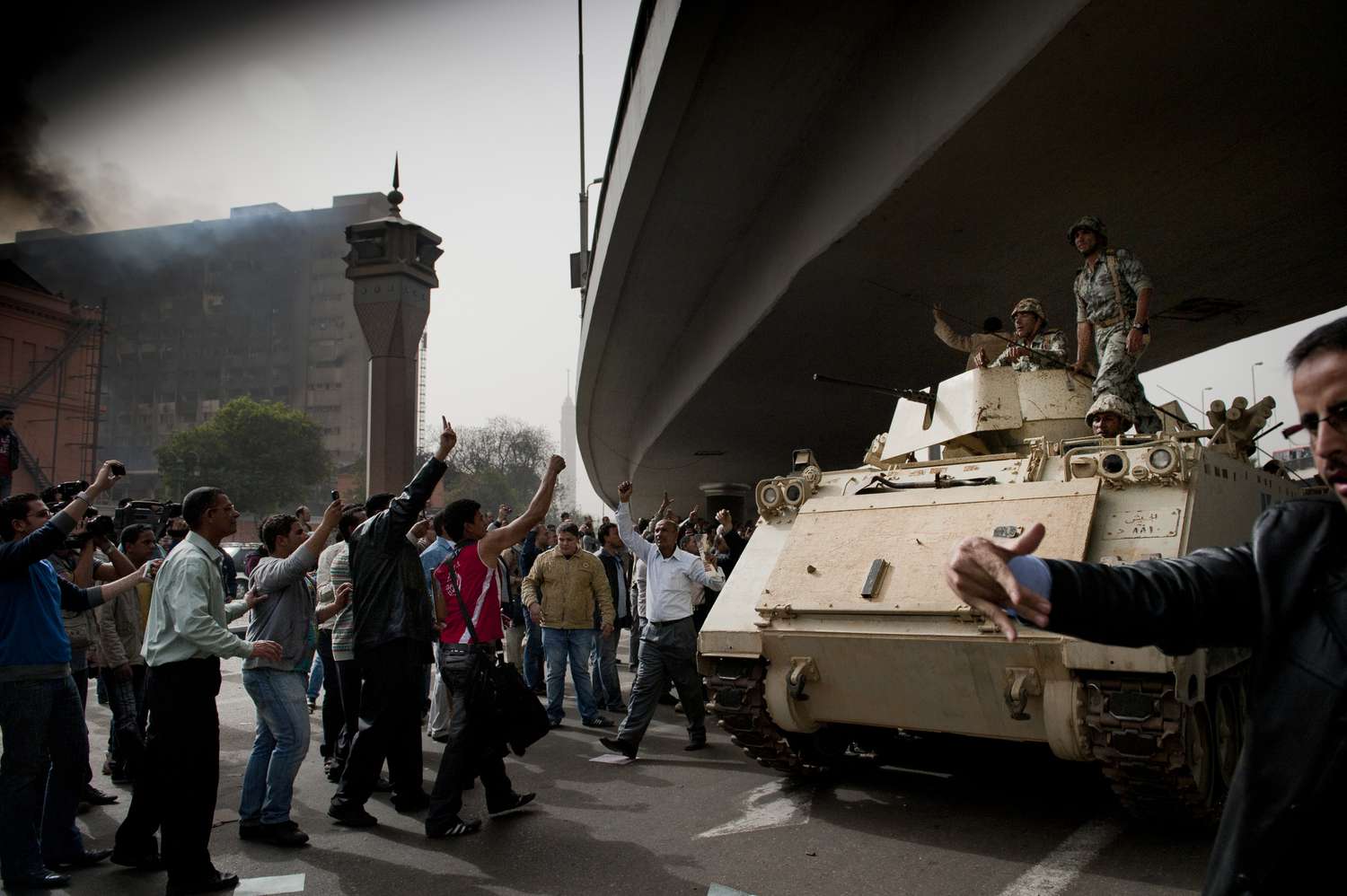
Coup d'état, often simply called a coup, is a sudden and decisive action in politics, especially one resulting in a change of government illegally or by force. Coup d'état has been a controversial yet fascinating aspect of global politics, shaping nations and altering histories. From ancient times to modern days, these swift power grabs have intrigued and alarmed societies worldwide. Understanding coups involves looking beyond the mere act, delving into causes, effects, and the intricate dynamics between power, ambition, and governance. This post aims to shed light on 21 intriguing facts about coups, offering readers a comprehensive overview of their historical significance, execution methods, and the aftermath that often reshapes countries. Whether you're a history buff, a political science enthusiast, or simply curious, these insights will enrich your knowledge and spark your interest in the complex world of political upheavals.
Understanding Coup d'état
A coup d'état, often simply called a coup, is a sudden and decisive action in politics, especially one resulting in a change of government illegally or by force. This political maneuver has been a strategy for taking power for centuries and continues to shape the political landscapes of nations around the world.
-
Coup d'état translates from French as "stroke of state" or "blow to the state," highlighting its sudden and forceful nature in attempting to overthrow a government.
-
Historically, coups have been executed by military forces or rebel factions dissatisfied with the current government's rule, seeing it as their duty or opportunity to intervene.
Famous Coups Throughout History
Coup attempts have led to significant changes in political regimes, some of which have had lasting impacts on their countries and regions.
-
One of the most well-known coups in recent history is the 1953 Iranian coup d'état, which saw the overthrow of Prime Minister Mohammad Mosaddegh in favor of strengthening the monarchical rule of Mohammad Reza Pahlavi, largely orchestrated by the United States and the United Kingdom.
-
In 1973, Chile experienced a violent coup that led to the ousting of President Salvador Allende and the rise of General Augusto Pinochet, marking the beginning of a brutal dictatorship.
The Role of the Military
In many cases, the military plays a crucial role in the execution of a coup d'état, leveraging its power and organization to seize control.
-
Military coups are often justified by their leaders as necessary interventions to restore order, protect the country, or prevent a perceived greater evil.
-
The success of a coup often depends on the military's loyalty to the coup leaders versus the sitting government, making the armed forces a key player in any coup attempt.
International Reactions to Coups
The international community's response to a coup can significantly influence its success or failure, as well as its legitimacy in the eyes of the world.
-
Countries and international organizations, like the United Nations, often condemn coups, imposing sanctions or demanding the restoration of the previous government.
-
However, strategic interests can sometimes lead to tacit or overt support of a coup by foreign nations, especially if the new regime aligns more closely with their policies or interests.
The Aftermath of a Coup
The aftermath of a coup d'état can vary widely, from the establishment of stable governments to prolonged periods of instability and conflict.
-
Successful coups sometimes lead to significant reforms and positive change, although this is not always the case.
-
More often, coups result in authoritarian rule, suppression of dissent, and human rights abuses, as the new leaders consolidate power and eliminate opposition.
-
Economic consequences can also be severe, with coups often leading to a decline in foreign investment, international sanctions, and economic instability.
Prevention and Prediction
Predicting and preventing coups is a complex challenge for both national governments and international bodies.
-
Early warning signs of a coup can include political unrest, economic downturns, and a loss of public confidence in the government.
-
International efforts to prevent coups often involve diplomatic interventions, support for democratic institutions, and economic aid to address the underlying issues that could lead to a coup.
-
Despite these efforts, the unpredictability of human behavior and the complexity of political systems make it difficult to prevent every coup attempt.
The Future of Coups
As the world continues to evolve, so too does the nature of coups and the challenges in addressing them.
-
Digital technology and social media have introduced new dynamics into the planning and execution of coups, with information and misinformation spreading rapidly.
-
Globalization and international interdependence have increased the stakes of any political instability, making the international community more vigilant but also more cautious in its responses.
-
The trend towards democratization in many parts of the world has reduced the frequency of traditional military coups but has not eliminated the risk entirely.
-
Non-traditional forms of coups, such as those executed without military involvement or through legal frameworks, are becoming more common, presenting new challenges for prevention and response.
-
Education and the strengthening of democratic institutions are seen as key strategies in reducing the likelihood of coups by addressing some of their root causes.
-
International cooperation and a commitment to democratic principles play a crucial role in supporting nations at risk of coups, offering a path towards stability and governance that reflects the will of the people.
-
Ultimately, the future of coups d'état and their impact on global politics will depend on a complex interplay of domestic and international factors, highlighting the need for continued vigilance, adaptability, and a commitment to democratic governance.
A Final Glance at Coups d'état
Coups d'état, with their dramatic reshaping of political landscapes, have always been pivotal moments in history. They remind us of the fragile nature of governments and the power struggles that can abruptly alter a nation's course. From ancient times to modern days, these events have showcased the complex interplay between military might, political ambition, and the quest for control. Understanding coups is crucial for grasping the dynamics of political change and the factors that can lead to such drastic actions. They serve as a stark reminder of the importance of stable, transparent governance and the need for vigilance in protecting democratic values. As history unfolds, coups d'état remain powerful lessons in the potential for both upheaval and renewal within societies.
Was this page helpful?
Our commitment to delivering trustworthy and engaging content is at the heart of what we do. Each fact on our site is contributed by real users like you, bringing a wealth of diverse insights and information. To ensure the highest standards of accuracy and reliability, our dedicated editors meticulously review each submission. This process guarantees that the facts we share are not only fascinating but also credible. Trust in our commitment to quality and authenticity as you explore and learn with us.


